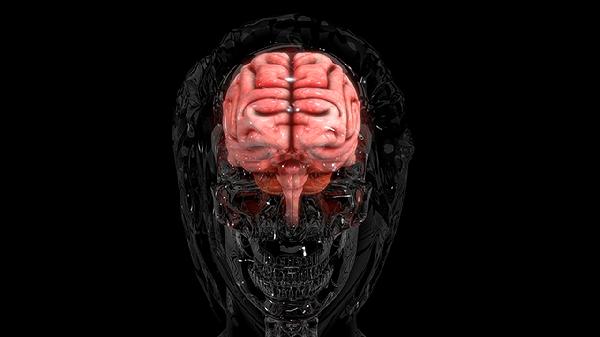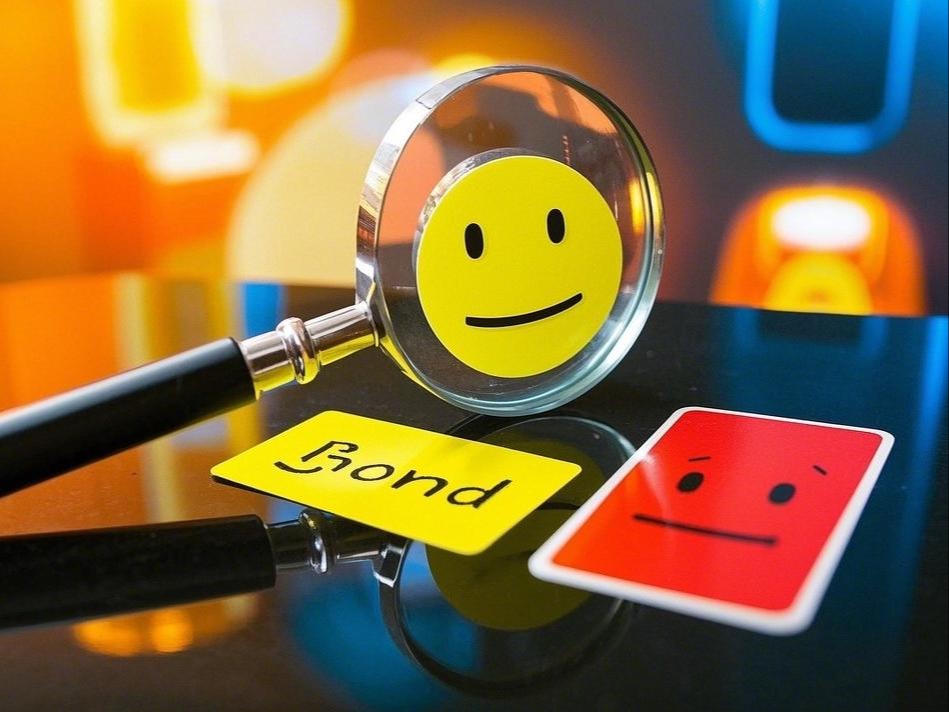Astrology has always been a double-edged sword—equal parts comforting and chaotic. For every "Your Venus in Taurus means you’ll find love this month!" post, there’s a "Mercury retrograde will ruin your career, relationships, and probably your WiFi" video lurking in the algorithm. And let’s be real: when doom-scrolling at 2 AM, the latter tends to stick like cosmic glue. But here’s the thing: astrology was never meant to be a fear-based puppet master. It’s a tool for self-reflection, not a prophecy of impending disaster. So why does so much modern astro-content feel like a horror movie trailer? Let’s unpack the drama—and how to reclaim astrology as the empowering practice it’s meant to be.
The Fear Factor: Why Astrology Feels Like a Threat Now
Remember when astrology was about quirky memes and vague, feel-good predictions? Those days feel as distant as Pluto’s planetary status. Today, the language of the stars has taken a dark turn, with influencers cranking up the intensity to viral levels. "Saturn return will destroy your life!" "Mars square Pluto means someone’s out to get you!" It’s enough to make you want to hide under a weighted blanket until the cosmos chill out. But here’s the truth: fear sells. Engagement spikes when content triggers an emotional response—preferably panic. And astrology, with its built-in mystery and symbolism, is the perfect vehicle for it. "The algorithm rewards extremes," says Kari Samuels. "But astrology isn’t about absolutes. It’s about potential."
From Guidance to Gloom: The Problem with Doom Astrology
Not all astrologers are fearmongers, but the loudest voices often drown out the nuanced ones. Magdalena McClellan points out that alarmist content often ignores a key astrological principle: free will. "If a post tells you you’re doomed because of a planetary transit—without offering ways to work with that energy—it’s not astrology. It’s manipulation." The worst offenders? Posts that weaponize retrogrades (Mercury isn’t out to get you, I promise), exaggerate "cursed" transits (looking at you, Saturn return discourse), or frame celestial events as inescapable fate. Spoiler: the stars don’t control you. They reflect you. And that distinction is everything.
How to Spot (and Skip) Toxic Astro-Content
Ready to detox your feed? Here’s your cheat sheet for avoiding astrological fear porn:
Reclaiming Astrology: How to Use It Without Losing Your Mind
Astrology works best when it’s a mirror, not a muzzle. Here’s how to engage with it in a way that actually serves you:
1、Follow educators, not fearmongers. Seek astrologers who emphasize growth (Samuels recommends Jessica Lanyadoo and Chani Nicholas).
2、Learn your chart. Free resources like Astro.com demystify your personal transits—no influencer spin needed.
3、Question everything. If a prediction feels off, it probably is. Trust your gut over generic horoscopes.
4、Touch grass, literally. McClellan’s advice? "Go outside. The stars are above you, not in your phone."
At its core, astrology is about connection—to yourself, the cosmos, and the rhythms of life. It’s not a crystal ball of catastrophe, no matter how much the internet tries to sell it as one. So next time your feed serves up astrological anxiety, remember: you’re not a prisoner of the planets. You’re a student of them. And class is way more fun when you’re not convinced the sky is falling.
























